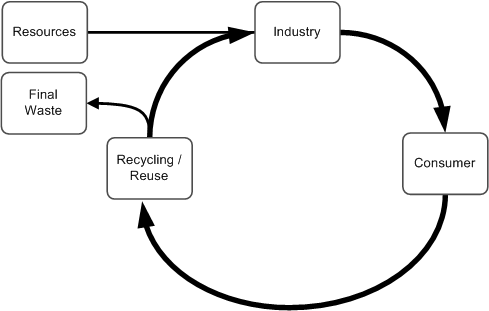When the SDG Index Meet the Doughnut: Reality Shock.

The Sustainable Development Report (1) published its 2020 report ranking the countries based on how close they are to achieve the 17 SDGs, available here . The index purpose is to track "country performance on the 17 SDGs, as agreed by the international community in 2015 with equal weight to all 17 goals" and its value "signifies a country’s position between the worst (0) and the best or target (100) outcomes" . The higher the country index, the closer it is to achieve the best SDG outcome. But how realistic this index reflects the real development of sustainable actions? In one of the most significant works in the last years, developed at Leeds University, "A Good Life For All Within Planetary Boundaries" (2) ( interactive site here ) mapped the sustainability performance of a series of countries was estimated using the doughnut economics model , which provides an indication, for each country, on how close it is to the ideal social and environmental e...



